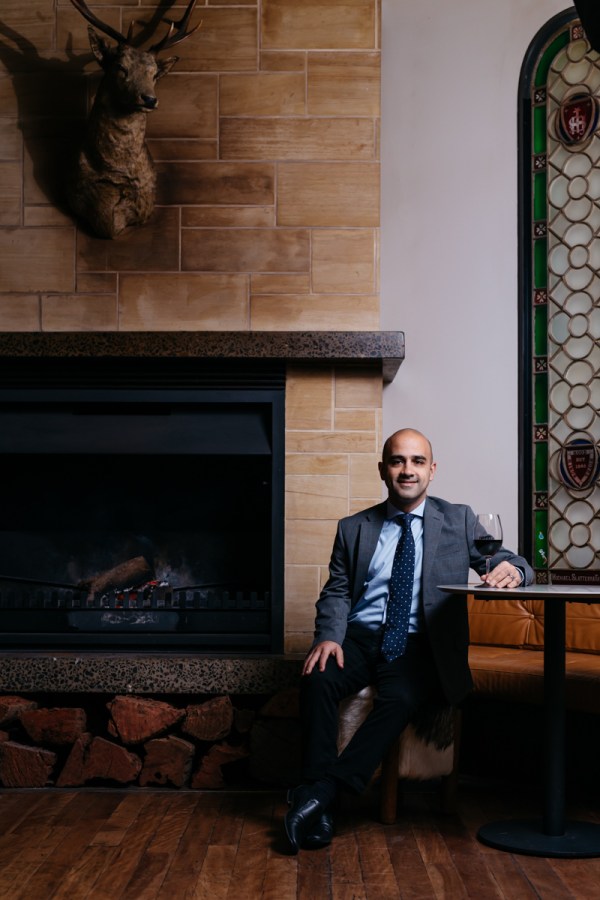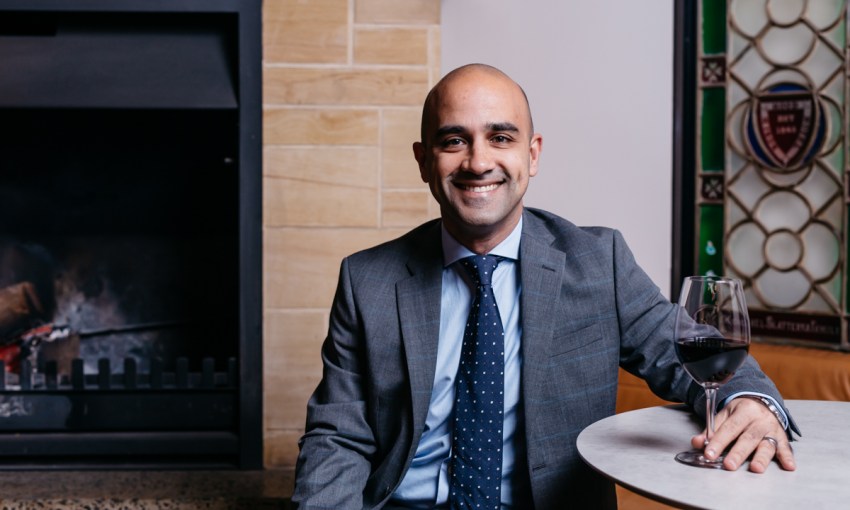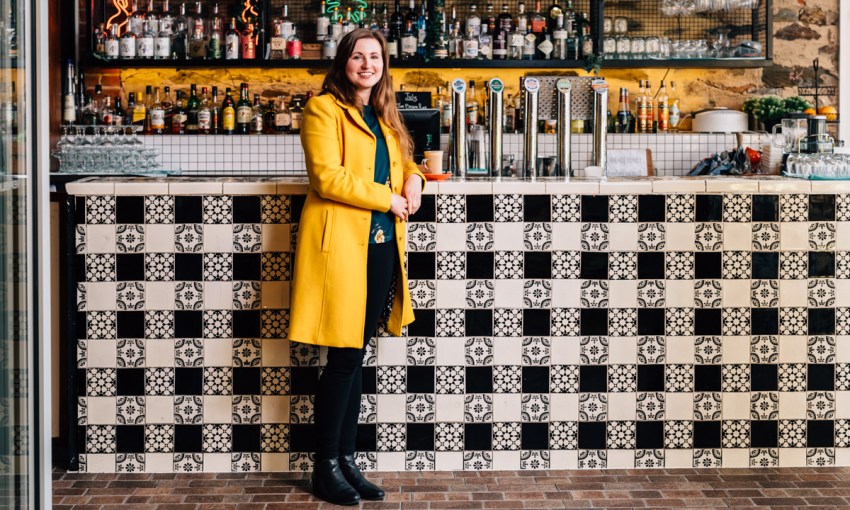For one night, Raising The Bar will turn a suburban Adelaide council into a giant classroom.
No politics and religion but plenty of controversial topics in this pub chats series
New York, London and Hong Kong have all hosted similar events, now the City of Norwood, Payneham & St Peters is inviting thought leaders from a range of industries (including CityMag editor Josh Fanning) into pubs across the council area. There, they’ll examine topics like how diversity in the workforce can improve a business’ bottom line and the legal complexities surrounding international conflicts in space.
Raising the Bar
20 Talks. 10 Bars. 1 Night.
Tuesday 13 August 2019
Browse speakers and topics here
Tarik Sammour is a Colorectal Surgeon at the Royal Adelaide Hospital. He took part in the inaugural event last year but made one vital mistake – he underestimated the curiosity of his audience. “Last year I was doing a lot more of the talking and I realised that we didn’t have enough time for a q&a,” he says. So this year he’s inviting the audience at “I’m a colorectal surgeon: ask me anything” to do just that.
As a nation, Australians are so averse to talking about bowel health that they’re choosing to die instead.

Tarik Sammour photographed at the Robin Hood where he’ll be speaking on 13 August
“If I asked a room of ten people if they would like to reduce their chances of bowel cancer or treat it effectively, I would expect more than four people in the room to put up their hands,” Tarik says. And yet just 40% of the Australians aged 50-75 who are sent a screening kit respond. That might be because the test requires collecting and sending a stool sample through the post.
So part of Tarik’s task is to remove the stigma attached to bodily functions. Fortunately, despite many Australians finding them embarrassing (or just plain “gross”), the bowels are surprisingly interesting. They have their own immune system and host a symbiotic relationship between the human body and bacteria from the outside world. They also have a direct connection to the brain through the vagus nerve that bypasses the conscious brain and spinal column “so you’re not aware that it’s happening, and you don’t feel it.” But in this case what you don’t know can hurt you because your bowel functions can have a huge impact on your overall mood and well-being, an area that specialists are only just beginning to understand.
It is – Tarik says with some understatement – “a very complicated area.”
But at least most Australians know they have bowels while many have never heard of dietitian Lenka Malek’s area of expertise, even if it pertains to them.
Flexitarians are those people who consciously choose to reduce their meat consumption, and they’re everywhere. Vegans and vegetarians comprise about 5% of the population, but last year alone 4% of Australians made an active choice to reduce their meat intake, putting them in the broad flexitarian category that covers one in five people.

Lenka Malek photographed at Republic where she’ll be speaking on 13 August
It’s a category that includes Lenka, who admits that before commencing this area of research in 2016, “I was not really thinking consciously about how much meat I was eating” but has since reduced her own consumption. Interestingly, while vegans and vegetarians are more likely to cite ethical reasons for their decisions, flexitarians are largely motivated by health concerns.
And Lenka’s research doesn’t just cover who is eating meat, but what type of meat they eat and how often. In the 1960s, when this field of research began, beef was by far the most popular meat and remained so until 2007/8 when it was overtaken by poultry. It has since slipped into third place behind pork, a move that’s largely due to rising red meat prices, but health issues and concerns about animal welfare and the environmental impact of meat consumption have also contributed to the rise in flexitarianism.
And if you’re planning on tucking into a beef schnitty at the pub before the talk, Lenka won’t be judging you. “We’re definitely not trying to convert people one way or another, just trying to discuss some of the issues around meat production and the factors that are driving people away from their current meat-dominant diet.”





